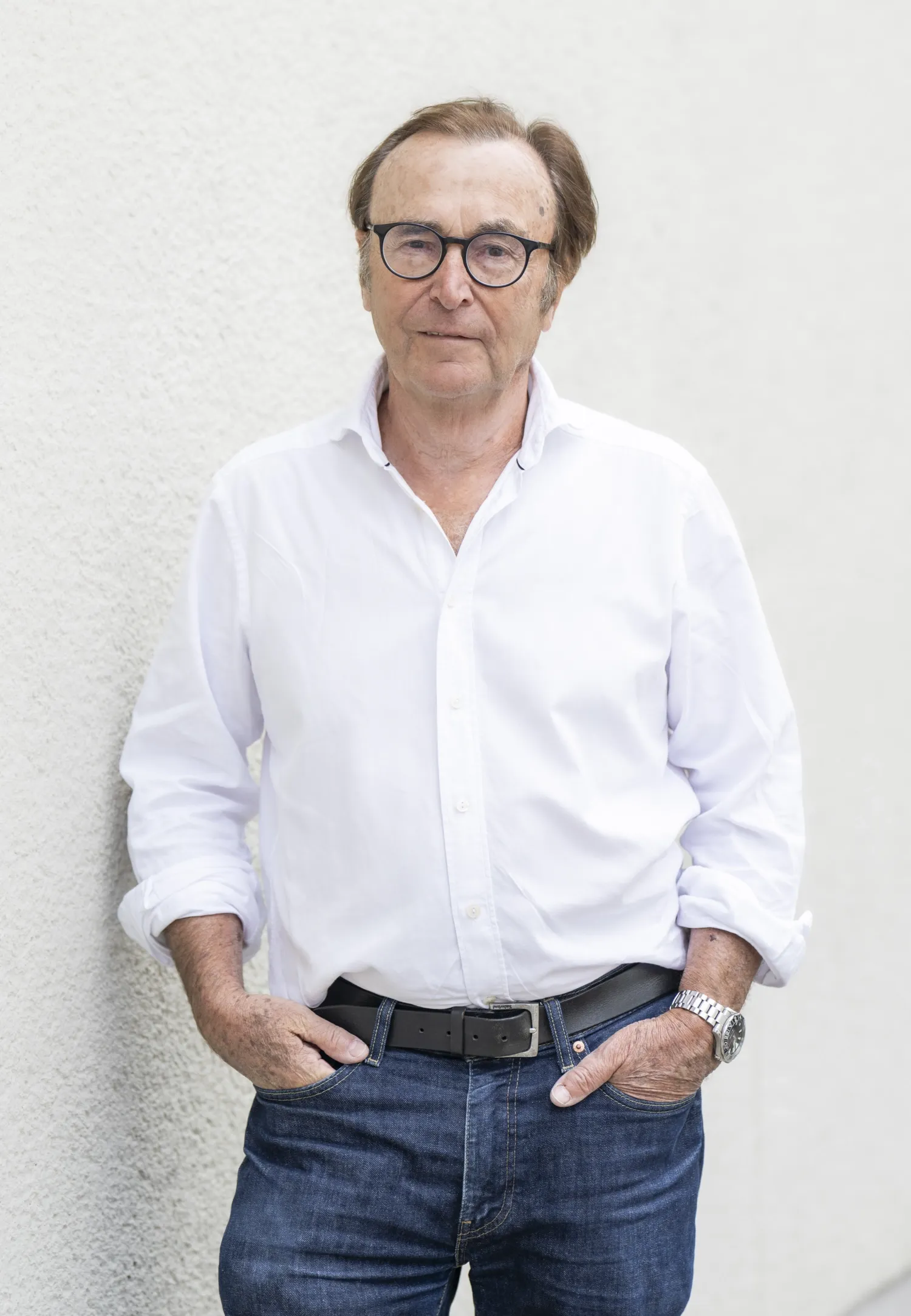A puzzling experiment in the 1970s led to the discovery of a new type of immune cell. In 2025, the NK cells celebrate their 50th anniversary. Rolf Kiessling tells the story of the serendipitous finding that changed the course of his career.

Text: Ola Danielsson, first published in Medicinsk Vetenskap issue No. 3/2025
As a doctoral student, Rolf Kiessling set out to study how T cells - a type of white blood cell - in mice responded to blood cancer. The mice were first given a vaccine intended to train their immune systems to attack cancer cells. But when he later tested white blood cells from mice that had not been vaccinated - the control group - he saw that the tumour cells died anyway.
"At first, we thought something was wrong, but eventually we realised we had discovered something new: a white blood cell capable of killing tumour cells without prior training. We called it the Natural Killer cell - NK cell - because it seemed to be born with that ability," says Rolf Kiessling, Senior Professor of Experimental Oncology at the Department of Oncology-Pathology, Karolinska Institutet, and Senior Consultant at the Theme Cancer, Karolinska University Hospital.
NK cells are part of the human body's innate immune system. They patrol the bloodstream and quickly strike against cells showing signs of disease, especially those attempting to evade the surveillance of T cells. There is great interest in using NK cells and T cells as immunotherapies against cancer. The greatest progress so far has been made with the more potent T cells, explains Rolf Kiessling.
"However, NK cells have the advantage that they do not need to be individually tailored in the same way, which means that NK cells from the same donor can be produced for treatment of different patients."
He now leads a lab that develops advanced cell therapies - medicines based on the patients' own immune cells.
"With a combination of T cells and tumour vaccine, we have saved the lives of several severely ill patients with metastases throughout the body. It feels good to have discovered NK cells. But clinical research, directly helping patients, is what gives me the greatest satisfaction," says Rolf Kiessling.






